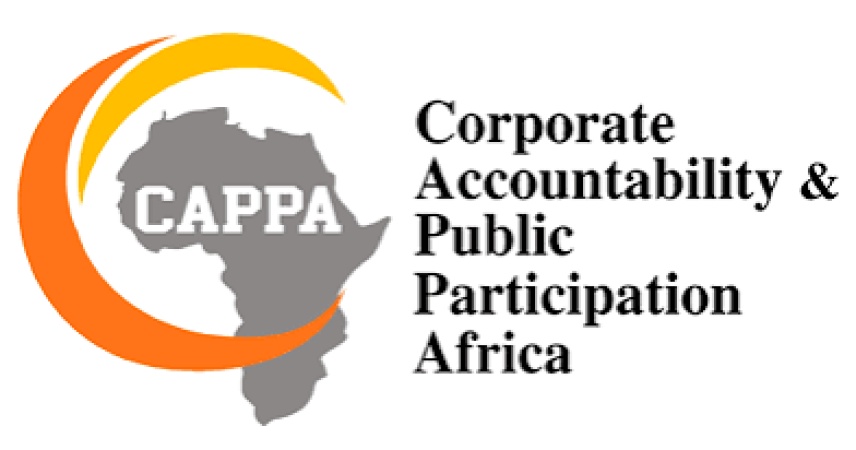

























Loading banners


NEWS EXPRESS is Nigeria’s leading online newspaper. Published by Africa’s international award-winning journalist, Mr. Isaac Umunna, NEWS EXPRESS is Nigeria’s first truly professional online daily newspaper. It is published from Lagos, Nigeria’s economic and media hub, and has a provision for occasional special print editions. Thanks to our vast network of sources and dedicated team of professional journalists and contributors spread across Nigeria and overseas, NEWS EXPRESS has become synonymous with newsbreaks and exclusive stories from around the world.

JAMB candidates taking the UTME exams
Deborah did not cry; She just stared.
When 17-year-old Deborah Ajayi saw her 2025 UTME score of 187 out of 400, her silence said everything. Just months earlier, she had excelled in the WASSCE with strong grades in Mathematics and Physics. She dreamed of studying engineering. But one exam crushed that dream not because she was unprepared, but because the system was never built to support her.
She is not alone. Of the nearly two million candidates who sat for the 2025 Unified Tertiary Matriculation Examination (UTME), only 22.13 percent scored 200 and above. More than 1.5 million students were left stranded, shamed, and shut out.
These numbers do not reflect laziness or lack of ambition. They are symptoms of a broken system, fractured curriculum, undertrained teachers, failing infrastructure, and systemic neglect. And nowhere is this failure more obvious than in the growing disconnect between what students are taught for WASSCE and what they are tested on by JAMB.
?In any functional education system, examination conditions are designed to test knowledge, not endurance. But in Nigeria, the examination day itself becomes another battlefield for survival.?
Curriculum chaos: When WASSCE and JAMB speak in different tongues
At the core of Nigeria?s exam failure epidemic is a dangerous misalignment. The WASSCE curriculum emphasises structured, predictable content: basic arithmetic in Mathematics, definitions and formulae in Physics. But students walk into the UTME hall and encounter abstract concepts they were never taught. JAMB tests them on logic, data interpretation, calculus-level reasoning, and obscure physics applications: content well outside the reach of the average public school classroom.
This disjointed approach is not merely a gap; it is a gulf. Students are taught one thing and tested on another, and failure becomes inevitable. Yet year after year, the education authorities insist on defending the structure, as though rigour and fairness were mutually exclusive.
It begs the question: If two major exit examinations meant to assess the same academic journey diverge so drastically in content and expectation, who exactly is the curriculum designed to serve?
A system that doesn?t teach, then punishes for not knowing
What Nigeria has built is not an education system; it is an obstacle course. Teachers, often underpaid and barely trained, are handed outdated curricula with no accompanying resources. Public schools groan under the weight of overcrowded classrooms, defunct laboratories, and chalkboard science. Private schools, meanwhile, offer simulator-based learning, curated mock tests, and strategic exam prep, giving their students an unfair edge.
The result Is a two-tiered system that masquerades as meritocracy. It pretends to assess knowledge, but in truth, it merely reinforces inequality. One child is trained to jump hurdles; the other Is asked to fly without wings. Only one is expected to succeed.
Exams at dawn, dreams at dusk
Then there is the small matter of logistics or lack thereof. JAMB continues to schedule exams for as early as 6:30 a.m., ignoring the security risks, the transport chaos, and the mental pressure such decisions impose on students. These conditions not only compromise performance; they erode confidence and create trauma.
In any functional education system, examination conditions are designed to test knowledge, not endurance. But in Nigeria, the examination day itself becomes another battlefield for survival.
The temptation to lower the bar ? and why that?s the wrong battle
In response to the abysmal results, there is increasing pressure to reduce the minimum cut-off mark. But that is not a solution; rather, it is a surrender. Lowering the bar does not make education more accessible; it dilutes it. It does not fix the curriculum crisis; it masks it.
A score of 200 out of 400 is already a modest benchmark. To lower it further is to admit defeat and, worse, to trap students in universities unprepared for the rigours of higher education.
The real issue is not that the bar is too high. It?s that the ladder to reach it has been pulled away.
22 percent passed. So what happens to the other 78?
Some have argued that a 22 percent pass rate is ?not bad?, noting that over 430,000 candidates scored above 200, more than enough to fill Nigeria?s federal universities. But this argument is both cynical and dangerous. It treats education not as a right but as a privilege for the few. It ignores the millions who are left behind, year after year, with no explanation, no second chances, and no reform in sight.
What happens to them? Do we simply discard them? Are their aspirations less valid? The purpose of public education should not be to eliminate but to elevate.
The reckoning ahead: Harmonise or collapse
The way forward is clear. Nigeria must harmonise the WASSCE and JAMB syllabuses. There must be coherence between what is taught and what is tested. Teachers must be equipped with the tools and training to deliver a modern, practical curriculum. Infrastructure must be rebuilt, digital learning integrated, and accountability enforced at every level.
More importantly, policymakers must stop treating education reform as an election slogan. The future of the country depends not on oil, not on aid, not on foreign investment but on the quality of its human capital.
A nation in crisis cannot afford educational pretence.
The 2025 UTME results are more than a statistic; they are a symptom of a deeper rot. The problem is not just that students failed. It is that the system set them up to fail and is now punishing them for it.
Until Nigeria confronts this reality, until it aligns its curriculum, invests in its schools, and respects the intelligence of its children, it will continue to produce more failures in the future.
And the tragedy will not just be measured in scores. It will be counted in lost generations. (BusinessDay)